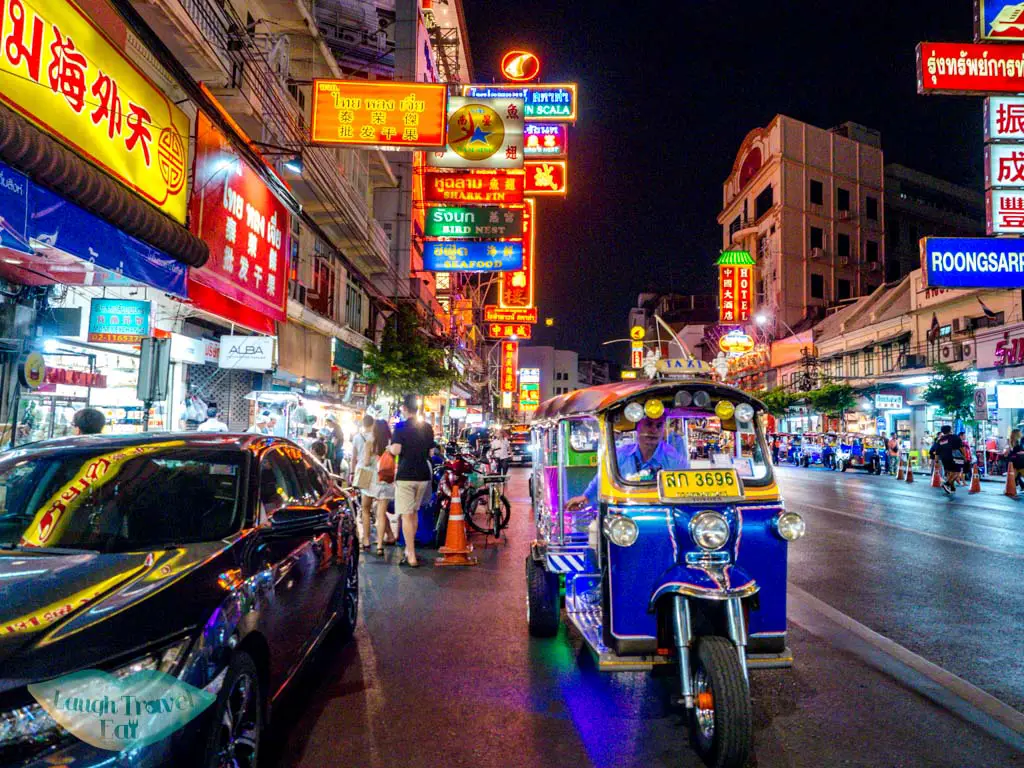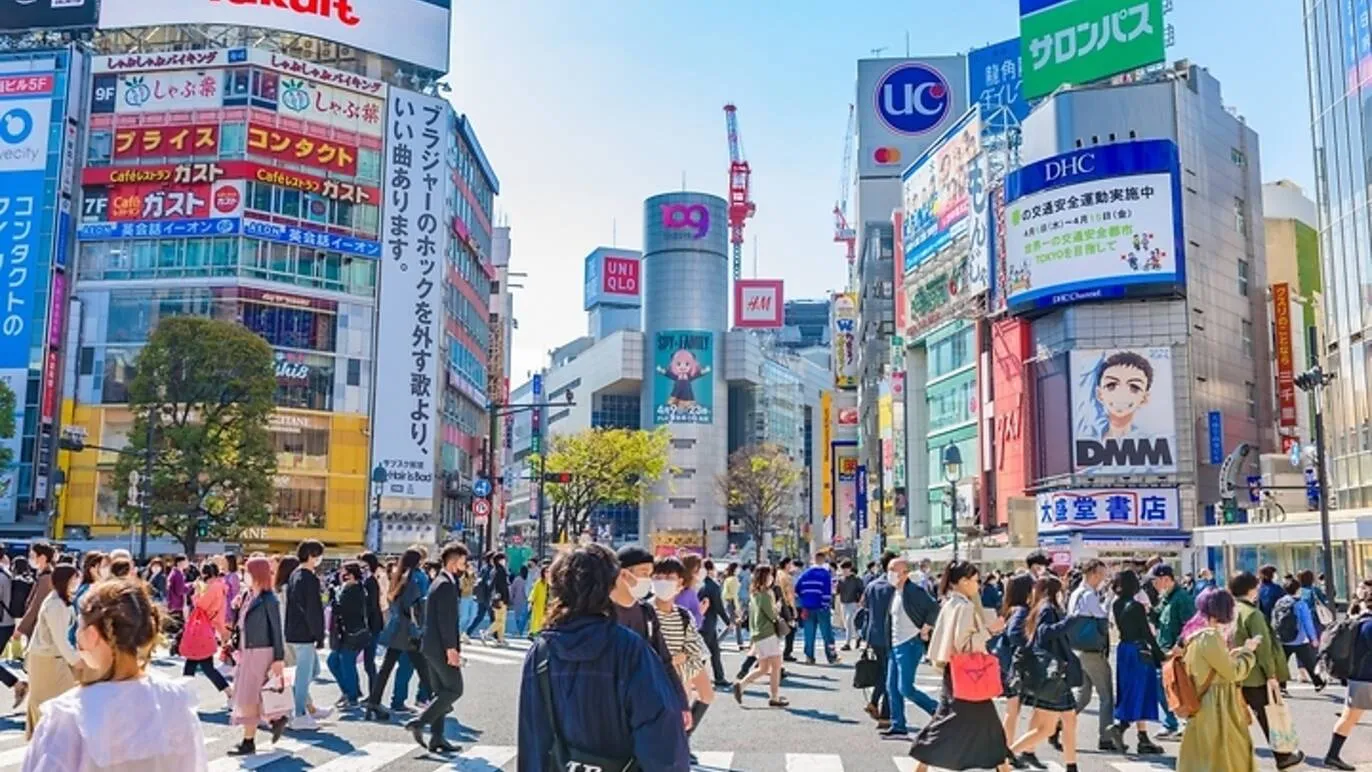On 28 May, the Thai Cabinet meeting approved a series of visa measures and guidelines proposed by the Ministry of Foreign Affairs aimed at promoting tourism in Thailand. The guidelines are divided into short-, medium- and long-term plans, with the short-term plan consisting of five measures to be implemented starting in June.
The short-term plan consists of five measures, including:
- extension of single stay from 30 to 60 days for visa-free travellers from selected countries and regions.
- expanding the number of countries and regions covered by Visa on Arrival.
- Adding a variety of new visa types.
- Adjustment of the duration of study visa for undergraduate and above education.
- appointing and establishing a Visa Policy Committee to guide the implementation of the above measures.
Firstly, the duration of a single stay will be extended from 30 days to 60 days for visa-free travellers from certain countries and regions, including China, Laos, Macau China, Mongolia, Russia and Cambodia. In addition, the 57 countries and regions that originally enjoyed visa-free treatment will be increased to 93, with the new visa-free countries including Andorra, Australia, Austria, Belgium, Bahrain, Brunei, Canada, Czech Republic, Denmark, Estonia, Finland and France.
Secondly, citizens of 31 new countries and territories will be able to enter Thailand through Visa on Arrival (VOA). These include Bhutan, Bulgaria, Cyprus, Fiji, Georgia, India, Kazakhstan, Malta, Mexico, Papua New Guinea, Romania, Uzbekistan, Taiwan, Albania, Colombia, Croatia, Cuba, Dominica, Dominican Republic, Ecuador, Guatemala, Jamaica, Jordan, Kosovo, Morocco, Panama, Sri Lanka, Trinidad and Tobago, Tonga, Uruguay.
In addition, in order to attract more investors to promote Thailand’s economic development, the relevant departments in this policy adjustment also introduced a new type of visa – Destination Thailand Visa (DTV), and at the same time adjusted the criteria and conditions related to the student visa and pension visa, to provide convenience for the students of colleges and universities and the pensioners in Thailand. The policy is as follows. The details of the policy are as follows:
Destination Thailand Visa (DTV) – Thailand Destination Visa
Applicable Groups: This visa is intended for foreigners who intend to travel to Thailand for a long period of time or work remotely online, including highly-skilled individuals, digital nomads and freelancers. It is also suitable for foreigners who intend to stay in Thailand for a long period of time to learn Muay Thai, cookery, sports training, rehabilitation and medical treatment, to participate in academic seminars and artistic performances. Accompanying persons include legal spouses and children under 20 years of age.
Requirements: Applicants are required to submit proof of assets or hold a certificate of sponsorship from a guarantor with a credit limit of not less than 500,000 baht during their stay in Thailand.
Benefits: Visa fee is 10,000 baht, single stay not exceeding 180 days, issued for 5 years with the possibility of one extension of stay.
Non-Immigrant Visa Education – Student Visa
In order to attract more potential and skilled personnel to the Thai labour market, the authorities have made changes to the student visa. The new policy stipulates that foreign students pursuing undergraduate and higher degrees in Thailand are not required to leave the country immediately after graduation and may stay in Thailand for one year for job hunting, travelling or other activities. Upon being hired, students can contact the Employment Department directly to issue a work permit and apply to the Immigration Department for a change in visa type.
In addition, the relevant authorities require universities, as the person in charge of education, to assist foreign students in contacting the Immigration Department to deal with matters related to visa extension until the student graduates. At the same time, the requirement for students to apply for a return visa (Re-entry) for exit and re-entry has been cancelled.

These measures are aimed at attracting more international tourists, boosting Thailand’s tourism industry and enhancing the country’s attractiveness as a tourist destination. Meanwhile, the medium-term plan, which will run on a trial basis from September to December 2024, will include an important element whereby the cost of health insurance for the pensioner group in Thailand on long-term visas will be reduced from 3 million baht from September 2024 to the pre-Singkwun epidemic rate of 40,000 baht for outpatients and 400,000 baht for inpatients.
The long-term plan will be implemented from June 2025 with the full implementation of the e-clearance system. This is an electronic travel authorisation (ETA) system for visa-exempt foreigners, which aims to use technology and innovation to improve the efficiency of screening foreigners. The system will integrate and link with information from the Immigration Bureau to make the entry process easier and more efficient. Foreign travellers holding passports from visa-free countries and regions can apply in advance via online before each entry and scan the QR code to clear customs upon landing.



